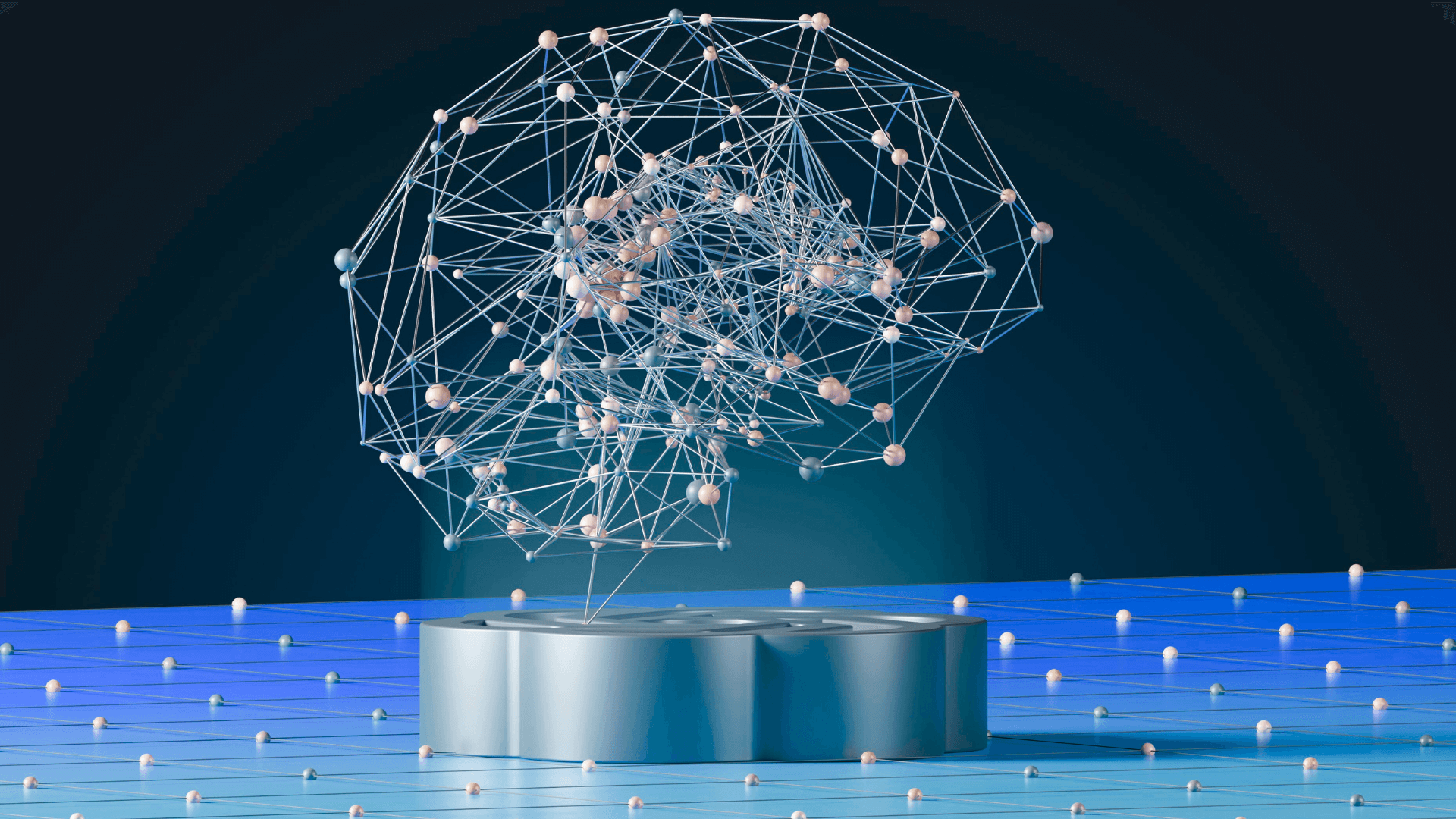In a sector dominated by giants, this human-scale software editor has chosen the path of efficiency. Technological sovereignty, intelligent automation and a deeply rooted technical culture: Apidata has turned its compactness into a strength. An approach that allows it to compete with the major players in the insurance world while remaining fast, flexible and resilient. Could it be that the future of digital technology belongs to those who strike the right balance between human intelligence and technology?
With its team of 14 employees, Apidata handles several billion transactions every year. Among its clients are some of the most demanding names in the insurance sector, including CNP Assurances, Groupama and Klesia, with a significant share of their portfolios processed on the solution editor’s infrastructure. So how can a team that seems small by industry standards achieve such results?
The answer lies in its radical technological approach. From 2012, Apidata inherited a framework that became the cornerstone of its technology stack. No outsourcing — to maintain complete control over every line of code. “We develop our software in-house. That’s what enables us to move so quickly,” explains Michel Ramos, CEO and CTO of Apidata. This independence allows the company to design bespoke solutions, with no compromises on performance or security.
The company has also developed its own proprietary code generator, capable of automatically producing 90% of the lines required for each project. Conceived from the outset as a genuine software factory, this system saves valuable time, leaving developers free to apply their expertise to the final stages. This ability to automate production is one of the reasons why Apidata remains a lean, agile structure while handling considerable data volumes at a speed many larger solution editors envy.
Sovereignty and Resilience: The Backbone of Apidata
At Apidata, everything is based in France. The data, the servers… and the brains. Classified as a sensitive operator, the solution editor has opted for total control, building a sovereign ecosystem entirely hosted by OVH. This independence is not just a matter of digital patriotism, but a necessity for guaranteeing its clients full control over their sensitive data.
This sovereignty also extends to the way systems are designed. Each module is built to exchange data fluidly and securely, without relying on external solutions. This approach allows Apidata to process large volumes while ensuring flawless traceability of transactions and exchanges.
But sovereignty isn’t limited to hosting. Apidata has also designed and implemented a resilient solution. In the event of an incident, systems can switch to a remote data centre in a matter of seconds — without the end user noticing a thing. It’s a critical continuity demanded by regulations such as NIS2 and DORA, but also by clients for whom service interruption simply isn’t an option.
This rigour is underpinned by a deeply embedded technical culture. Every line of code, every process, every decision is designed to deliver maximum reliability. It’s what makes Apidata a formidably efficient player, powered by a compact, highly skilled, and exceptionally well-equipped team.
Human First: Intelligence Before Automation
It’s clear that, for this solution provider, technology is not an end in itself. It’s a tool — a lever for unlocking human intelligence. This philosophy led the company to develop its own automation tools, while steering clear of the trap of dehumanisation.
In a world where AI is often seen as a threat to employment, Apidata flips the script: embracing the idea of the ‘augmented employee’. The concept is simple — to free teams from repetitive tasks so they can focus on real challenges, complex problems and critical decisions.
A concrete example? The automation of reports for operations teams. At Apidata, an operator can produce dashboards or procedural documents without having to wade through mountains of data. An internal agent scans directories, analyses histories, and automatically generates the necessary documents. The result: more time to think, innovate and create. “Every engineer we’ve hired, we systematically value them for their ability to solve problems — not for filling out Excel spreadsheets,” notes Michel Ramos.
This approach is possible because the French solution editor has chosen independence — but also because every employee is seen as a vital part of the organisation’s overall performance. No robots to replace people, but tools to relieve them of constraints, enabling them to concentrate on what really matters.
Perhaps the future of digital technology doesn’t belong to the largest, but to the most agile. To those who, like Apidata, have chosen to bet on human intelligence and technological sovereignty to build faster, more reliable and more human solutions. Because 14 liberated minds, equipped with the right tools, can sometimes achieve more than 100.

